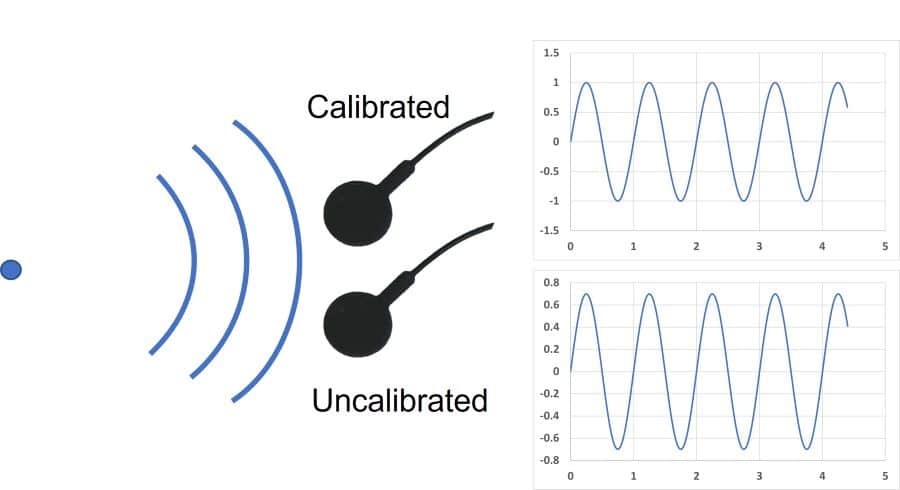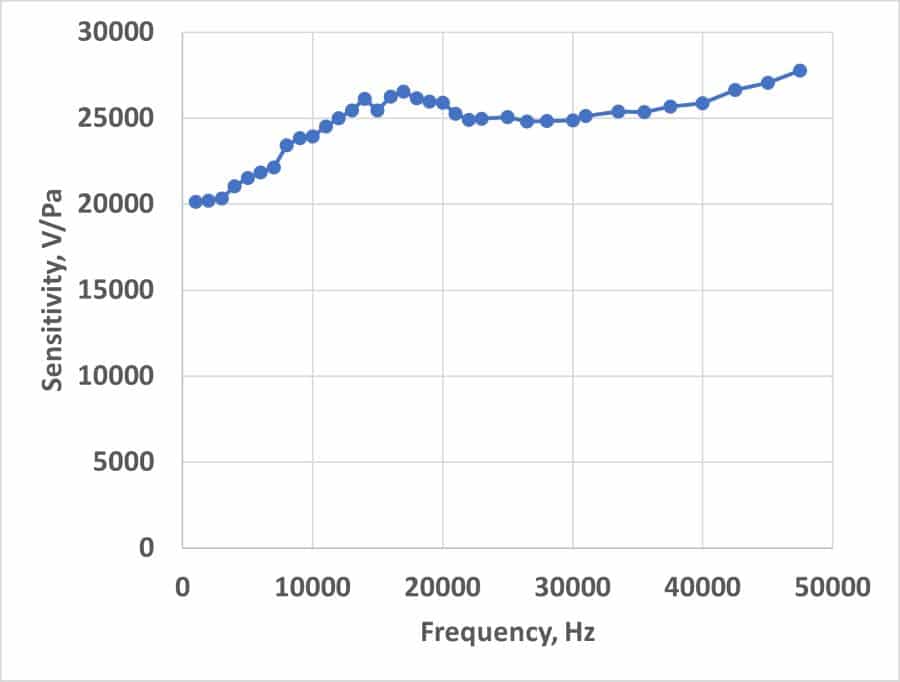Calibrated vs Uncalibrated Hydrophone
Understanding the Importance of Calibration
In the realm of underwater acoustics, the choice between a calibrated hydrophone and an uncalibrated hydrophone can significantly impact the quality of data collected.

Hydrophones play a crucial role in underwater acoustics, aiding scientists, engineers, and researchers in capturing and analyzing sound signals beneath the water’s surface. While calibrated hydrophones are essential for precise scientific measurements, for amateur hydrophone enthusiasts, the more budget-friendly uncalibrated option might be the perfect fit. Let’s delve into the significance of calibrated hydrophones and explore the differences between calibrated and uncalibrated ones. While calibrated hydrophones are essential for precise scientific measurements, for amateur hydrophone enthusiasts, the more budget-friendly uncalibrated option might be the perfect fit. Let’s delve into the significance of calibrated hydrophones and explore the differences between calibrated and uncalibrated ones.
What is Hydrophone Calibration?
Hydrophone calibration involves determining the sensitivity as a function of the frequency or frequency response of the device, ensuring accurate measurements of underwater sound.

A crucial aspect of calibration is establishing the hydrophone’s radiation pattern – the directional sensitivity to sound waves. The optimal calibration for hydrophones is typically conducted in open water, necessitating the use of costly equipment. Calibration is typically done using specialized equipment, including acoustic tanks and calibration systems. However, for casual users, delving into the complexities of calibration might be unnecessary.
Calibrating a hydrophone ensures accurate and reliable measurements, critical for scientific endeavors such as marine biology, oceanography, and environmental monitoring. The calibration process helps in understanding the hydrophone’s response to different frequencies and angles, providing researchers with precise data for their studies.
How to Calibrate a Hydrophone: Equipment and Cost
Hydrophone calibration requires specialized equipment, including acoustic calibration tanks, precision signal generators, and measurement instruments. Calibrating a hydrophone involves exposing it to known sound pressure levels at various frequencies. This process allows technicians to create a calibration curve, indicating the hydrophone’s sensitivity across the frequency spectrum. The cost of such equipment can range from hundreds to thousands of dollars. Laboratories or facilities equipped with these tools offer hydrophone calibration services for a fee. This precision, however, comes at a cost that might be prohibitive for enthusiasts with a limited budget.
Where to Calibrate Your Hydrophone?
Calibration services are often provided by specialized laboratories, research institutions, or companies specializing in underwater acoustics. These facilities are equipped with the necessary tools to ensure precise calibration. These facilities adhere to international standards and protocols to ensure the accuracy and traceability of calibration results. For amateur users, the availability of such services might be limited, leading to the consideration of uncalibrated hydrophones.
Performance of an Uncalibrated Hydrophone
Uncalibrated hydrophones, while lacking the precision of calibrated counterparts, can offer excellent performance, especially in the audible frequency range. Modern uncalibrated hydrophones are designed to capture clear and detailed underwater sounds, making them suitable for various purposes.
Examples of Uncalibrated Hydrophone Output
For underwater sound enthusiasts capturing marine life recordings or ambient ocean sounds, uncalibrated hydrophones like our popular AquaHear 1 Hydrophone can provide satisfactory results and offer a balance between cost and performance, making them suitable for hobbyists.
Enhanced by our RigidEnhancer 1 preamplifier, it delivers optimal sensitivity for capturing the subtle sounds of marine animals.
Experience the audio excellence delivered by our hydrophones and preamplifier through the sound samples recorded by our team.
This and other examples can be found in our Audio Gallery.
When You Need a Calibrated Hydrophone
While calibrated hydrophones are crucial for most underwater applications, there may be situations where uncalibrated hydrophones suffice. In scenarios where precise measurements are not critical, or cost constraints limit access to calibration services, an uncalibrated hydrophone might be acceptable. However, the potential trade-offs in data quality should be carefully considered before opting for an uncalibrated solution.
Conclusion
In conclusion, the choice between a calibrated and uncalibrated hydrophone ultimately depends on the intended use and budget constraints. For enthusiasts exploring underwater sounds for recreational purposes, uncalibrated hydrophones offer a cost-effective and satisfactory solution. However, for scientific endeavors demanding precise measurements, the investment in a calibrated hydrophone becomes a necessity. Balancing performance, cost, and application requirements is key to making an informed decision in the diverse world of underwater acoustics.

Such a well detailed article!
It’s a delight finding a great read with wonderful explanations.
As the admin of this web page is working, no hesitation very shortly it
will be renowned, due to its quality contents.
Everything is very open with a clear description of the
issues. It was definitely informative. Your website is very helpful.
Many thanks for sharing!
Hello, I think your site could be having browser compatibility problems.
Whenever I take a look at your site in Safari, it looks fine however, if opening iin Internet Explorer,
it has some overlapping issues. I simply wanted to give you a quickk heads up!
Other than that, excellent site!
I’m truly enjoying the design and layout of your site.
It’s a very easy on the eyes which makes it much more pleasant for me to come here and visit more often. Did youu hire out
a developer to create your theme? Outstanding work!
Hi! I imply want to give you a huge thumbs up for the excellent info you’ve got here on this
post. I’ll be returning to your site for more soon.
Helpful info. Fortunate me I discovered your site by chance, and I’m surprised why this twist of fate did not
took place earlier! I bookmarked it.
Awesome site you have here but I was wanting to know if you knew of
any discussion boards that cover the same topics discussed here?
I’d really like to be a part oof online community where I can get opinions from other knowledgeable
individuals that share the same interest. If you have any recommendations, please let me know.
Thank you!